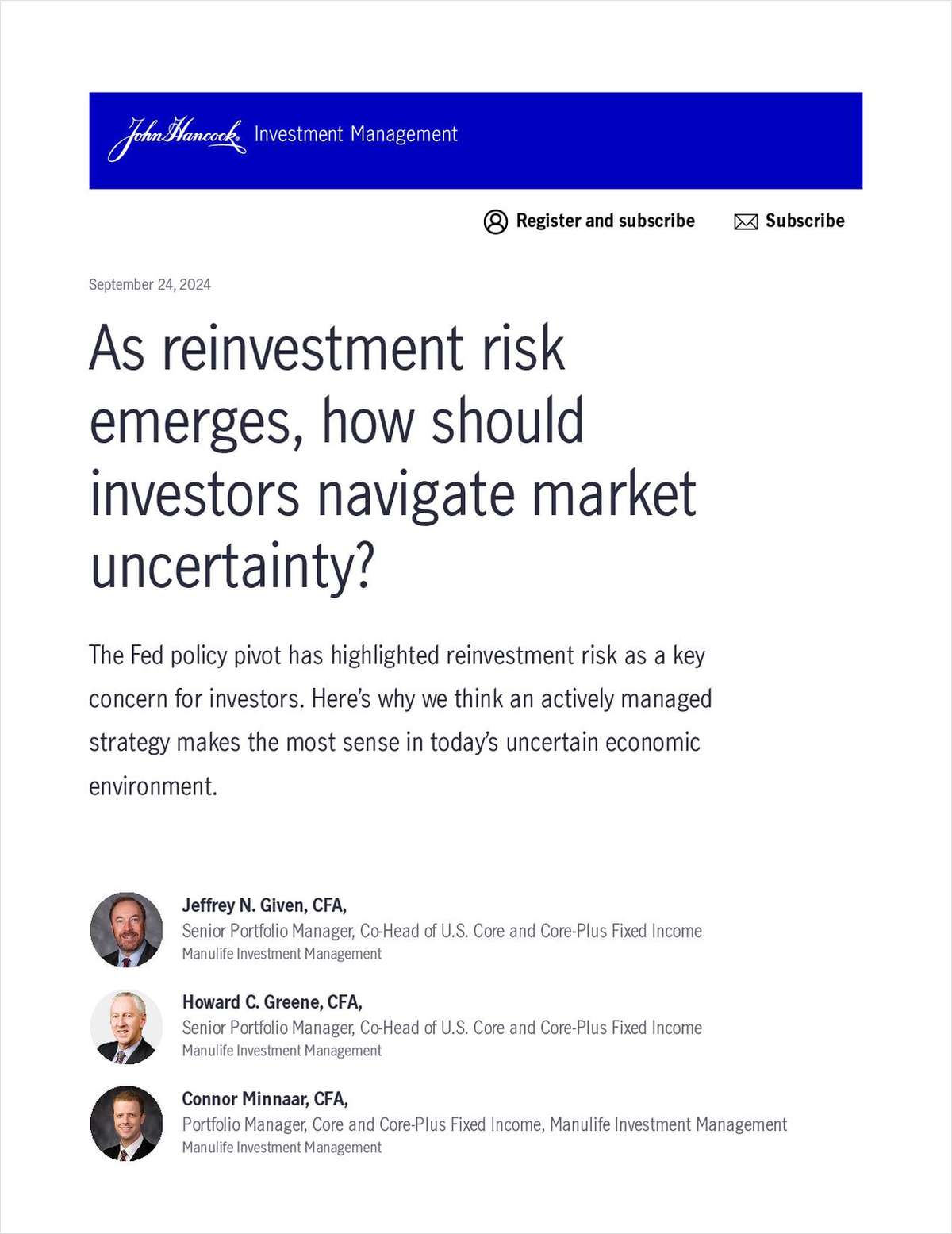I have experienced great success by working with small businesses in much the same way that I interface with individuals or families. The basis of my approach has been to look at the business in four growth stages, also referred to as "life cycles."
Just as individuals grow and their needs change, so do small businesses. Any business goes through certain cycles that require not only different products and services, but also a different approach from the advisor. The distinct stages I have identified with my small business clients are: start-up, developing, maturing and established.
Identifying and discussing these cycles with clients from the beginning of the relationship sets the stage for serving them properly and defining a long-term relationship. This approach acknowledges the perception often held by a client that certain benefits and forms of insurance may be, if not "unnecessary," perhaps "unaffordable," but will become more important and affordable at a later date.
With such an approach, we establish the importance of certain products, such as key person insurance or an executive benefit program, prior to the client's "perceived" ability to afford it. As in my discussions with individuals, I get business owners to agree to the need for a recommended solution and (at least in principle) address that need at a later date or triggering event.
Consider, for example, retirement planning. For a start-up enterprise, we typically will introduce a SIMPLE IRA plan or Solo 401(k). But the developing or maturing enterprise will eventually need a more sophisticated classic retirement plan, such as a standard 401(k), which provides vesting schedules and more flexibility in plan design features.
I also use the life cycle approach with small business clients to identify the same fundamental needs that I do with my individual clients. A small business owner has two sets of dependents: their "personal family" and their "business family." Each set of dependents requires complete planning to address the three fundamental risks that we all must prepare for and usually insure: (1) dying too soon; (2) becoming sick or disabled; and (3) living too long.



